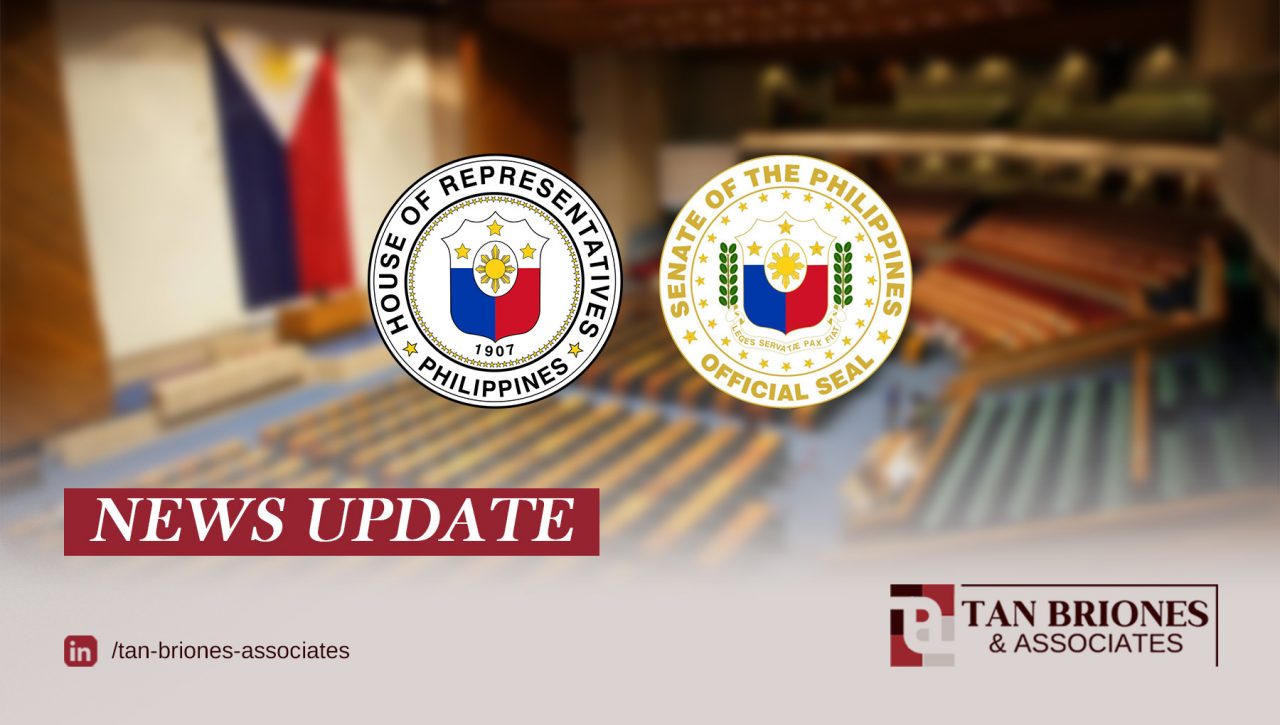
Lawmakers from both chambers of Congress have filed joint resolutions aimed at opening bicameral conference committee (or bicam) budget deliberations to the public, citing the need for transparency and accountability in government spending.
Senate Joint Resolution No. 1, filed by Minority Leader Vicente Sotto III along with six other senators, and House Joint Resolution No. 2, filed by members of the House minority bloc, both propose institutional reforms that would require bicameral meetings to be accessible via livestream, the release of detailed minutes, and the publication of a matrix comparing differences between Senate and House versions of the General Appropriations Bill.
The proposed measures come in the wake of allegations of irregularities in the 2025 budget, including reported discretionary insertions, funding discrepancies, and supposed violations of constitutional spending priorities.
Lawmakers behind the resolutions argued that holding closed-door bicameral meetings opens the door to hidden amendments that can distort the final version of the budget law.
In the Senate, the resolution was authored by Sotto and Senators Risa Hontiveros, Panfilo Lacson, Loren Legarda, Juan Miguel Zubiri, Francis “Kiko” Pangilinan, and Bam Aquino.
Sen. Lacson, among the sponsors of the resolution, earlier filed a separate bill that seeks to institutionalize the participation of accredited civil society organizations and non-governmental groups in the budget process, including during bicameral conference committee discussions.
Lacson said making the bicam process open may not entirely eliminate the risk of so-called “pork barrel” insertions but would at least allow the public to identify who is responsible for them.
He also called for longer review periods for the Senate to examine the House’s amendments to the budget and for Congress to have time to revise the bill in case of a presidential veto.
Sotto emphasized the public’s right to access official records and transactions, particularly those involving the use of public funds.
“We owe it to the Filipino people to show transparency on how the taxes are allocated. Let the public see what we’re doing,” he said.
Meanwhile, in the House of Representatives, six minority lawmakers filed a similar resolution aimed at ensuring greater accountability beginning with the 2026 budget deliberations.
Among its authors are Representatives Chel Diokno (Akbayan Party-list), Krisel Lagman (Albay, 1st District), Perci Cendana and Dadah Ismula (Akbayan), Kaka Bag-ao (Dinagat Islands), and Leila de Lima (ML Party-list).
Their proposal cites constitutional provisions affirming the people’s right to information and mandates for integrity in public service.
They also referenced President Ferdinand Marcos Jr.’s 2025 State of the Nation Address, where he raised concerns about alleged misuse of public funds in infrastructure programs despite sizeable allocations.
The House resolution also noted specific issues in the 2025 budget, including the increase in the Department of Public Works and Highways’ funding at the expense of the Department of Education, and questioned the discretionary nature of the Ayuda para sa Kapos Ang Kita Program (AKAP) under the Department of Social Welfare and Development.
House Speaker Martin Romualdez earlier expressed full support for the move to open bicameral proceedings, describing it as a step toward restoring public trust in the budget process.
“We owe it to every Filipino to ensure that the budget is crafted with integrity, discipline, and full disclosure,” he said.
The Senate has also welcomed the proposals, stating that while the chamber has long invited media to cover bicameral meetings, it remains open to further steps that would enhance transparency and public participation in the budget process.
“Calls to increase transparency in the bicam are always welcome. The Senate is open to serious proposals that will enhance public access and understanding of the crafting of the national budget,” Senate Secretary Renato Bantug Jr. said.
Follow Tan Briones & Associates on LinkedIn for more legal updates and law-related articles.







